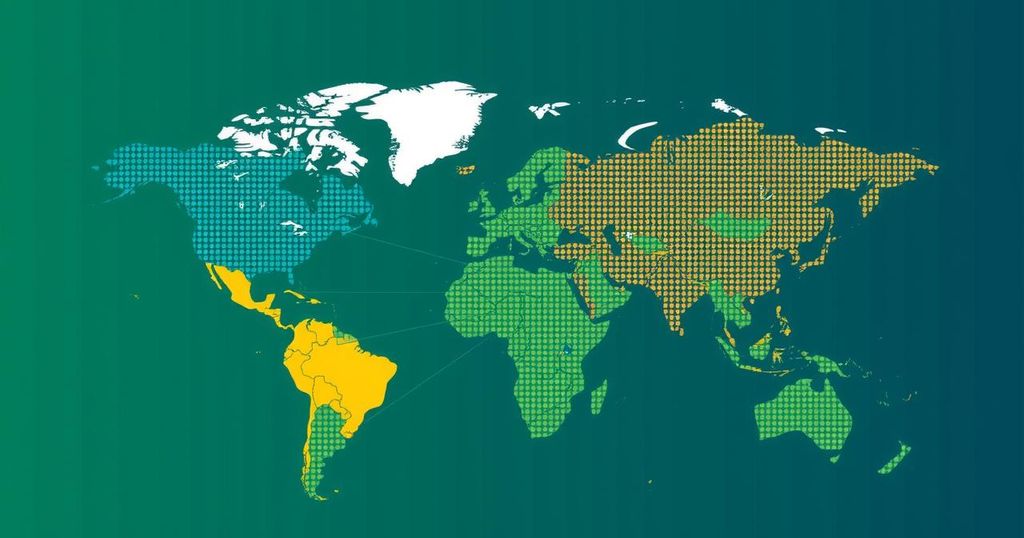COP29 Climate Talks Urged to Secure $1 Trillion Annual Financing for Vulnerable Nations

Countries at COP29 are striving to establish a $1 trillion annual climate finance framework for vulnerable nations amidst political tensions and Argentina’s withdrawal from the talks. The success of these negotiations hinges on consensus among developed nations, which have historically struggled to meet financial pledges. Activists are calling for decisive action and increased funding commitments, while multilateral development banks may play a key role in future financing efforts.
At the COP29 climate summit, countries are attempting to establish a plan to allocate up to $1 trillion annually in climate financing to assist the world’s most vulnerable nations. While many developing countries assert that these funds are vital for achieving ambitious climate goals ahead of the upcoming COP30 in Brazil, the atmosphere of the negotiations is marred by political disagreements and skepticism about international cooperation. With major financial contributors hesitant to commit significant resources, reaching a consensus is becoming increasingly difficult. The conference atmosphere is further complicated by geopolitical uncertainties, such as the recent election of Donald Trump and Argentina’s sudden withdrawal from the talks, prompting concerns regarding funding commitments. Despite ongoing discussions, early draft texts indicate sharp differences in perspectives among nations about the necessary financial commitments. Moreover, the previous commitment of $100 billion in annual financing has not been fully honored, raising doubts about future support for climate initiatives. As the negotiations unfold, there are signals that multilateral development banks are prepared to significantly increase their climate finance, but whether this will suffice to meet the target remains uncertain. Activist organizations are vocal in demanding adequate funds from wealthier nations to combat climate change, emphasizing the urgent need for decisive action and collaboration among all stakeholders. Observers express concern that Argentina’s withdrawal, amidst broader tensions, could diminish its credibility in future climate finance negotiations.
The COP29 summit is part of the United Nations’ ongoing series of climate negotiations, aimed at addressing the urgent needs of developing countries impacted by climate change. Economists estimate that these nations will require at least $1 trillion annually to manage and adapt to climate effects effectively. However, historical trends indicate significant challenges in securing financial commitments from wealthier nations. The current political landscape is greatly influenced by the shifting positions of key players, potentially undermining collective climate action. Furthermore, the evolving dynamics between developed and developing countries pose a challenge to achieving a unified approach for addressing climate finance needs.
In conclusion, the COP29 climate negotiations underscore the immense challenges involved in securing necessary financial commitments for vulnerable countries facing climate change. Geopolitical tensions, diverging interests among nations, and the recent withdrawal of Argentina from the talks add layers of complexity to an already critical issue. Without substantial commitments from wealthier nations, the prospects for developing countries to implement effective climate strategies remain precarious. The path forward necessitates unity, timely action, and renewed focus on financial cooperation to pave the way for sustainable climate initiatives.
Original Source: tuoitrenews.vn






